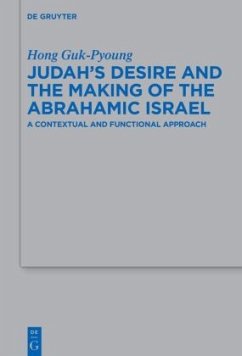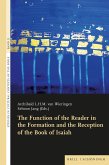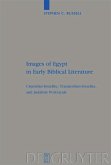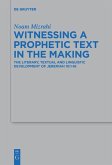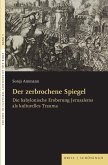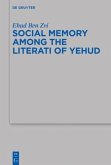In this refreshing exploration of Judah's identity formation, the emphasis is placed on the psychological underpinnings of Judah's sentiments towards Israel, aiming to illuminate the significance of Judah's appropriation of Israel. Richly contextual, this book draws parallels observed in Asian contexts, notably those of North and South Korea, and China with its marginal Others. Central to the thesis is that Judah's perceived inferiority to Israel played a crucial role in its quest to appropriate Israel's legacy and identity.
Adopting a functionalist lens, Judah's rewriting of Israel's ancestral past is examined. The Abraham and Jacob traditions are understood as competing "identity narratives," serving as critical discursive tools to construct their pasts. The study scrutinizes how the southern Abraham tradition fundamentally reoriented the Jacob tradition, North Israel's standalone ancestral myth. Set against the broader canvas of continued efforts to redefine and embody "Israel" within the history of Judeo-Christian religions, this exploration underscores how Judah's pivotal appropriation of Israel has established a paradigm for all future endeavors of "becoming Israel."
Hinweis: Dieser Artikel kann nur an eine deutsche Lieferadresse ausgeliefert werden.
Adopting a functionalist lens, Judah's rewriting of Israel's ancestral past is examined. The Abraham and Jacob traditions are understood as competing "identity narratives," serving as critical discursive tools to construct their pasts. The study scrutinizes how the southern Abraham tradition fundamentally reoriented the Jacob tradition, North Israel's standalone ancestral myth. Set against the broader canvas of continued efforts to redefine and embody "Israel" within the history of Judeo-Christian religions, this exploration underscores how Judah's pivotal appropriation of Israel has established a paradigm for all future endeavors of "becoming Israel."
Hinweis: Dieser Artikel kann nur an eine deutsche Lieferadresse ausgeliefert werden.

